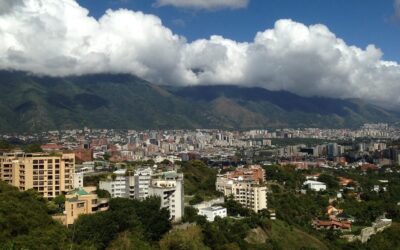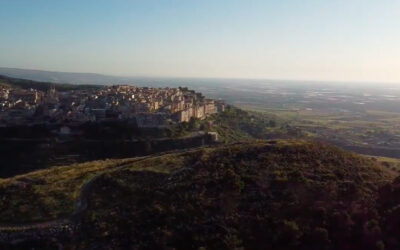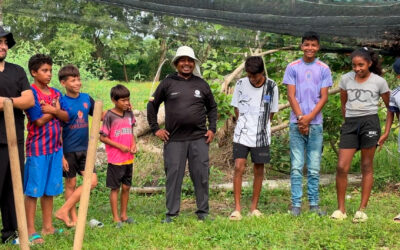
What was your impression of the first Latin American Pope’s meeting with CELAM? What do have to say about that meeting?
I think it was historical. Moreover, it was also the first time a Pope ever met with the whole Coordinating body (all the bishops of this four years and all the rest of us who work in coordination). I would characterize the meeting with two words: “paternal” and “fraternal: paternal, because the Pope acts in the name of Peter, as bishop of Rome, the paternal dimension of the Church and, at the same time he was a brother bishop with brother bishops.
This is what he had said he wanted to do, and he did it. All of his gestures and everything he expressed moved in this direction. Moreover, we must not forget that he is the son of the Latin American episcopate. His speech was quite strong, but spoken with paternity and fraternity, accenting some things that he has already been saying, in which, justifiably, he places on guard against a few temptations. He offered a snapshot of what realities that there are in the contemporary Church, he proposed a profile, a figure of a bishop as servant, paternal and maternal together. He said that pastoral service, if he had to define it, would be Mary Mother, the Church as Mother.
He also spoke of the important need for bishops to conduct, but adding that it is necessary that bishops guide, but not by “imposing.” He used just that word. He proposed poverty to the bishops as a lifestyle. He also mentioned the importance that poverty has, in a psychological sense, for not having an aristocratic mentality. I believe that the message given yesterday to the bishops at CELAM was from someone who knows the inner workings and walks with the Latin American Church at his back. As when he said: “I can say this and I must say it! We’re behind in certain things, but let us move forward, let us improve, let us change and renew ourselves.” And his message was also one of great hope. The Pope always speaks of conversion. He says: Let us permanently place ourselves in the processes of conversion. I believe that this is all a great witness that Francis is giving to humankind, that is, that no one in Christianity can give lessons to others without placing himself in the conversion process.
What are the prospects for reception of the Aparecida Document in the aftermath of this encounter with the Pope?
I think there has already been a certain reception of the Document over these past years. It is obvious that all of Latin America has been mobilised. The Pope has without a doubt reawakened a new sensibility for what happened at Aparecida. Let us hope that it will become more and more of an “itinerary” that all peoples can follow, and that they take the steps that the bishops saw and evaluated there. I believe that the most important step that Francesco is helping us to take is rightfully that of a deep pastoral conversion, that is, to place ourselves on the path of following Christ. This means assuming the Gospel in our attitudes, in our gestures, in our speech, in all our practices and it means transforming reality. If there is anything that this Pope possesses as a special gift, it is being absolutely aware that the Gospel offers us the unique opportunity not only to recreate our good Christian conscience as good Christians, but also to transform social, political and cultural reality.
Is there anything else you would like to say about the Pope in Brazil?
I believe that it was a giant leap for the Pope with the young people, because he offered them the Eucharist and prayer as their pathways for following Christ and, thirdly, he pointed them in the direction of helping their neighbors. I think that this is the path for the young and for the entire Church, being able to work for others, for our brothers and sisters, for those in need. Another beautiful thing about the Pope was when he said at CELAM that God is everywhere, not only in the Church, in the temple, in religious institutions. This being able to read God’s presence as he passes through human history is fundamental for us Christians, I think, otherwise the same thing could happen now as happened at the time of Jesus: not everyone recognized him.
* Dr. Susana Nuin Núñez, Uruguayan member of the Focolare Movement, Consultant of the Pontifical Council for Social Communications, Executive Secretary of the CELAM Press and Communications Department.




0 Comments